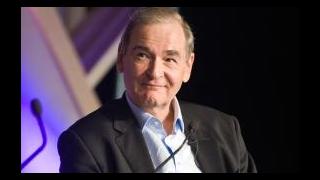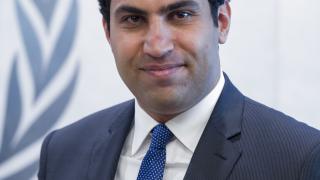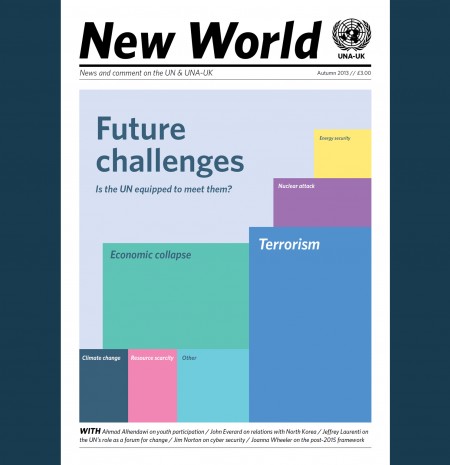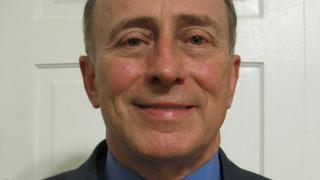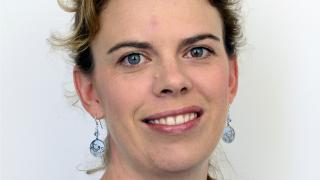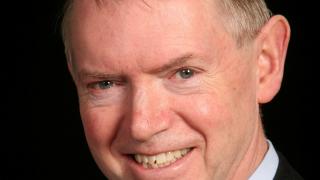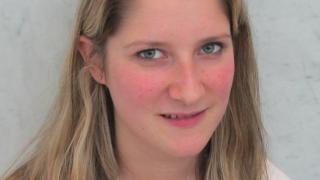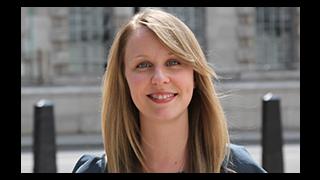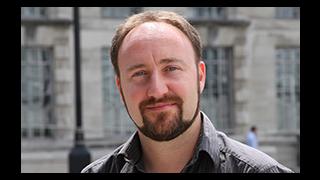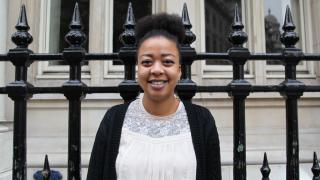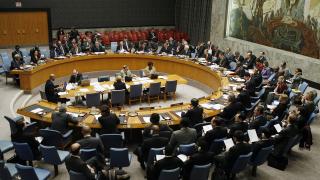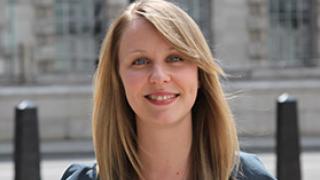
This issue of New World seeks to explore the trends and challenges which look set to feature on the UN’s agenda in the coming years. For many, the need to know what is just around the corner is an instinctive part of human nature. There is even a career in it: futurologists offer predictions on anything from financial markets to the next must-have technology.
In the world of global politics and diplomacy it would seem especially foolhardy not to pay heed to emerging trends. Decision-makers have at their disposal a multitude of think tanks and research centres producing high-quality analysis, or in business jargon, “thoughtleadership”, on a range of issues.
Despite this widely available (for some) mass of information, when occupied with the day’s most pressing problems, it can be challenging for even the most forwardlooking among us to see past the concerns of the here and now.
At the UN Security Council – which, as Sir Jeremy sets out opposite, has until recently seemed paralysed over Syria – it is vital that members are well-informed and able to use preventative diplomacy. In 2010, the UK instigated horizon-scanning briefings, given to the Council by the UN’s Department of Political Affairs. A range of concerns have been raised with the Council in this manner, with recent examples including the instability in Mali and piracy in the Gulf of Guinea.
UNA-UK is similarly concerned with spotting trends. Late last year, we commissioned pollsters Ipsos MORI to survey the UK public on what they thought represents the greatest threat to national security between now and 2020. The results saw an act of terrorism and financial or economic collapse top the list of concerns, together accounting for two-thirds of responses.
A host of other possible future challenges feature on the following pages: Jim Norton ventures into the relatively new realm of internet governance and cyber security, Chris Roles assesses the prospects for a new UN convention on the rights of older persons and UNA-UK member Michael Harwood asks whether UN peacekeeping has entered a new, more forceful era.
And as the international community plans for a successor to the Millennium Development Goals, New World takes a closer look at this UN-led process, with Joanna Wheeler explaining why a post-2015 development framework must be shaped by the people who will be most affected by it.
As Jeffrey Laurenti observes in his essay, what these issues have in common is that in tackling them, it is to the UN that the world inevitably turns for direction. Whether acting as a forum for innovation, the depository for international treaties or the source of world opinion, the UN is uniquely placed to shape and influence events.
As United Nations Day approaches, these global concerns are a valuable reminder for UNA-UK members and supporters that only a properly equipped, credible and effective UN will be able to meet these future challenges. Read Richard Nelmes's article for how you can show your support for this “indispensable institution”.
Hayley Richardson is Policy & Advocacy Officer at UNA-UK and Editor of New World

